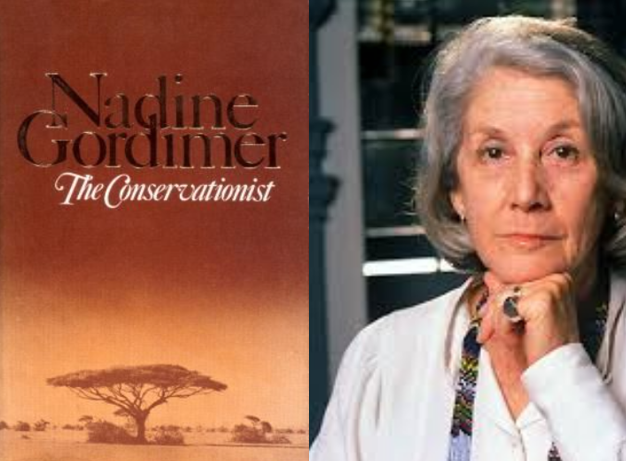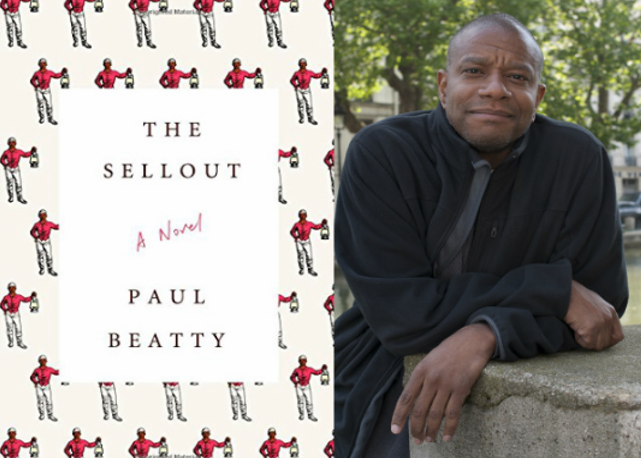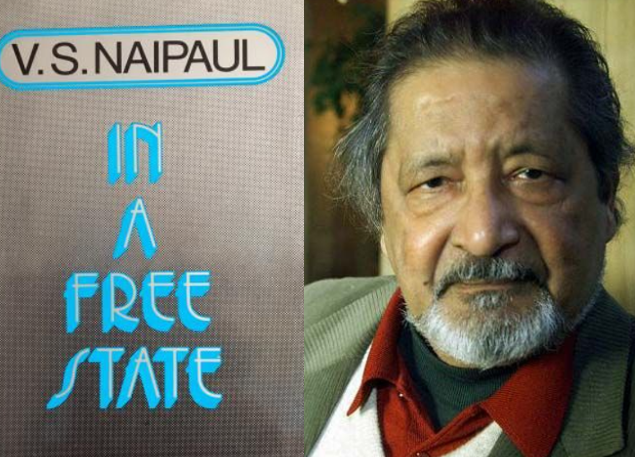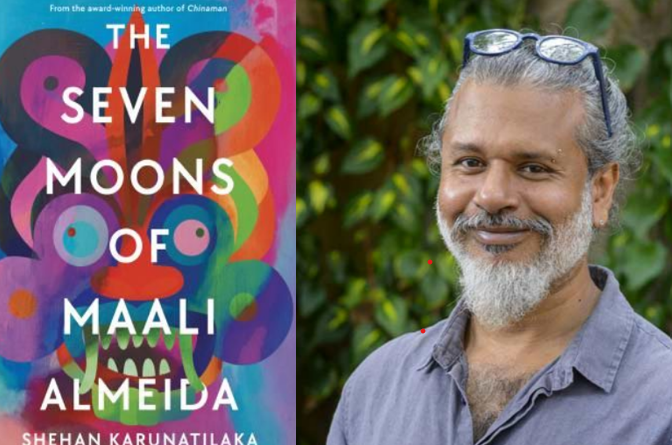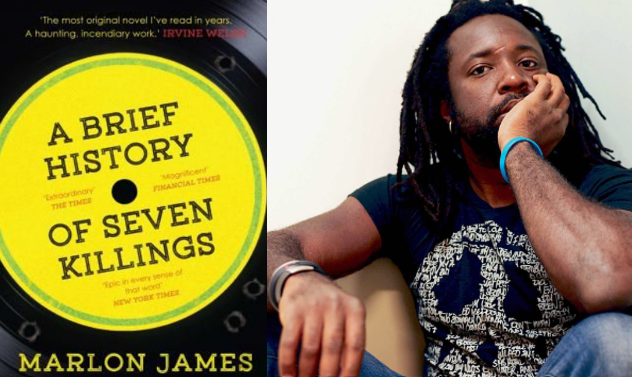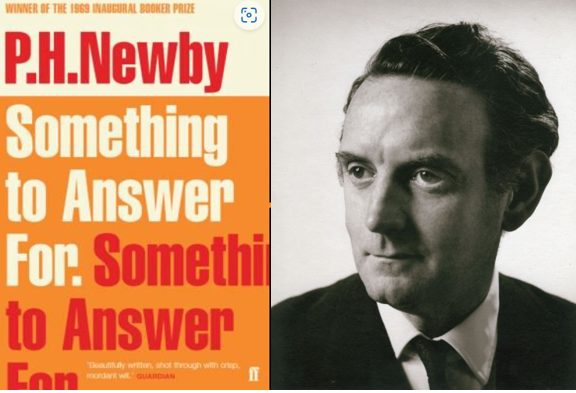The Booker: The Coveted Prize
The Booker Prize, officially known as The Booker Prize for Fiction, is one of the most prestigious literary awards in the English-speaking world. Established in 1969, it recognizes outstanding literary works and has played a crucial role in highlighting and promoting quality fiction. Here is an elaborate summary of the Booker Prize and its significance, followed by a list of all the winners since its inception:


